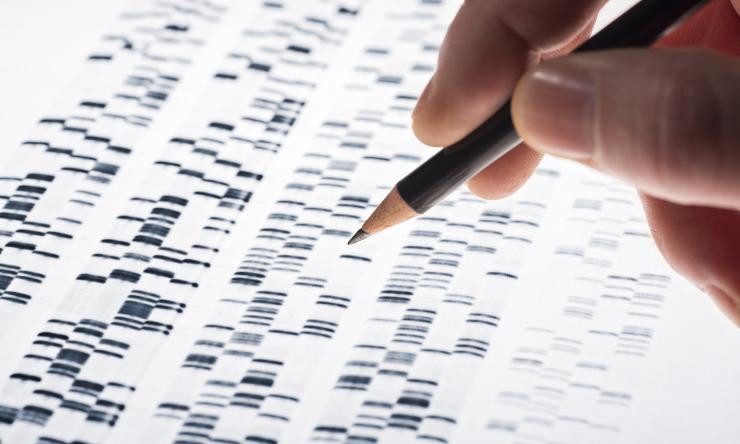Study finds ancestry-driven disparities in pathogenic variation
A lack of diversity in large genomic studies presents a major challenge in understanding how pathogenic variants impact different populations. To address this problem and advance precision medicine for all populations, the National Institutes of Health’s All of Us Research Program aims to collect health data, including whole-genome sequences, for at least 1 million volunteers from diverse backgrounds.
A study led by investigators at Baylor College of Medicine’s Human Genome Sequencing Center has revealed new insight to the frequency of pathogenic variation among different ancestry groups in a cohort of nearly 100,000 of the All of Us participants. The findings are published in the journal Communications Biology.
Researchers examined variations for a set of 73 genes that have actionable findings and are associated with diseases such as hereditary breast cancer and heart disease. Many of these genes are included in the All of Us program’s Hereditary Disease Risk research results offered to all participants. The team found that the European ancestry subgroup showed the highest overall rate of pathogenic variation, with 2.26% of participants carrying a pathogenic variant. The African ancestry group had a 1.62% rate of pathogenic variation, and the Latino ancestry group had a rate of 1.32%. Pathogenic variants were most frequently observed in genes related to breast and ovarian cancer and high cholesterol.
“Differences in pathogenic variant frequency observed between ancestral groups generally indicate biases of the way we have historically obtained data about those variants, but some deviations may be indicative of differences in disease prevalence and warrant further study,” said first author Dr. Eric Venner, associate professor in the Human Genome Sequencing Center at Baylor. “As we better understand genetic risk burden in populations, we can more precisely target genetic testing for these variants.”
“Disparities in genetic health data are known but not well calibrated, and this study deepens our knowledge of the role of ancestry as a consideration for clinical genetic applications,” said senior author Dr. Richard Gibbs, director of the Human Genome Sequencing Center and Wofford Cain Chair and Professor of Molecular and Human Genetics at Baylor.
The findings in this study are published alongside three other articles in Nature journals detailing findings from the NIH All of Us Research Program. In a study published in Nature, researchers report more than 275 million previously unseen genetic variants identified from data shared by nearly 250,000 program participants. Read more about the findings here.
The Human Genome Sequencing Center, the Broad Institute at MIT and Harvard and the Northwest Genomics Center at the University of Washington are the three centers leading generation of whole genome sequencing data for the All of Us Research Program.
Other authors of the Communications Biology publication include Karynne Patterson, Divya Kalra, Marsha M. Wheeler, Yi-Ju Chen, Sara E. Kalla, Bo Yuan, Jason H. Karnes, Kimberly Walker, Joshua D. Smith, Sean McGee, Aparna Radhakrishnan, Andrew Haddad, Philip E. Empey, Qiaoyan Wang, Lee Lichtenstein, Diana Toledo, Gail Jarvik and Anjene Musick. They are affiliated with one or more of the following institutions: Human Genome Sequencing Center at Baylor College of Medicine, University of Washington, University of Arizona, Vanderbilt University Medical Center, University of Pittsburgh School of Pharmacy, Broad Institute of MIT and Harvard and the NIH All of Us Research Program.
The All of Us Research Program is supported by the National Institutes of Health. See the publication for a complete list of funding sources.
All of Us, the All of Us logo, and “The Future of Health Begins with You” are service marks of the U.S. Department of Health and Human Services.










